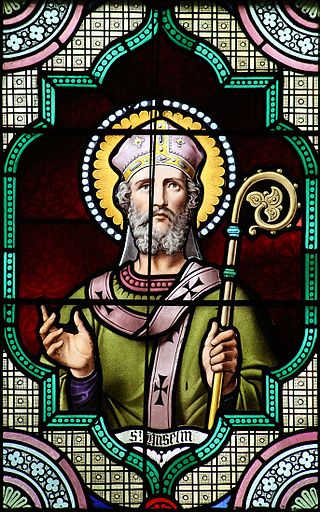
[Trigger warning for rape apologism and Mark Driscoll quotes]
Growing up, the book of Esther was always my favorite because it featured two very brave women.
First, there was Vashti. I’ve loved Vashti ever since a grade school teacher came to class dressed up as Vashti and told us the story about how she had been exiled by the king because she asserted herself and refused to dance for the king’s drunken friends. She was a brave woman who claimed her body as her own–rather than her tyrant husband’s–in a day and age where women were viewed as property by most people.
Esther was always my favorite Bible character. As a kid, I loved her because she was a girl, and the Bible doesn’t talk about many of those. Plus she was brave. She was taken from her home and forced to marry a ruler who was oppressing her people. She was sexually exploited and probably raped, but still she boldly disobeyed the king’s orders, risking her life, and demanded that he protect her people.
In short, both of these women faced the horrors of male domination. Both of these women kicked ass in spite of those horrors.
The book of Esther contains a powerful message. Women disobeying men and saving the world. Women asserting their bodily autonomy. Women who are brave and strong and active and anything but submissive. It’s a message so powerful that some male Christian leaders have to undermine it because it threatens the control that they have over women.
Mark Driscoll (as always, every mention of Driscoll’s name will have a hyperlink to an adorable bunny. Enjoy) is one such male Christian leader who seems to have an obsessive need to control women. He has recently made attempts at undermining both Vashti and Esther–attempts that make his disdain for women increasingly obvious.
His attempts aren’t original by any means. The only thing shocking about them is their boldness. Where most men are subtle about their attempts to water down Esther and Vashti’s stories, Mark Driscoll doesn’t even try to hide. Here are a few excerpts from a recent post on his website, emphasis mine (you can read the whole thing here if you’re concerned about context. As is often the case with Driscoll, I think the context just makes it worse):
Esther is painfully normal.
…Her behavior is sinful and she spends around a year in the spa getting dolled up to lose her virginity with the pagan king…Today, her story would be, a beautiful young woman living in a major city allows men to cater to her needs, undergoes lots of beauty treatment to look her best, and lands a really rich guy whom she meets on The Bachelor and wows with an amazing night in bed. She’s simply a person without any character until her own neck is on the line…
He continues:
Esther has been grossly misinterpreted.
Feminists have tried to cast Esther’s life as a tragic tale of male domination and female liberation. Many evangelicals have ignored her sexual sin and godless behavior to make her into a Daniel-like figure, which is inaccurate. Some have even tried to tie her story in with modern-day, sex-slave trafficking…
According to Mark Driscoll, this brave Jewish heroine was “godless,” “sinful,” lacking in character, and just trying to trade in her virginity for a rich husband and a life of pampering.
What about Vashti, then, who refused to allow the king to sexually exploit her? Does Driscoll praise her effort to fight back against her male oppressor? Don’t be silly. Of course not. In fact, in his book, Real Marriage, criticizes Vashti for refusing to submit to her husband.
Neither of these women can do right, according to Driscoll’s narrative, and that’s just the way he wants it. That’s how he maintains the careful hierarchy he has set up, with him and Cage Fighting Jesus on top.
Mark Driscoll, like Jared and Douglas Wilson and so many others before them, uses rape to control women. No, I’m not accusing him of actually raping women or even of actively approving of the rape of women. He doesn’t have to. All he has to do is retell the stories of two women who didn’t have a chance to say no.
By retelling Esther’s story, he turns every victim of rape or sexual exploitation into a godless sinner, rather than a brave survivor. By retelling Vashti’s story, he turns every victim of male-on-female domestic abuse into a shrew that had it coming and should have submitted in the first place.
When Driscoll retells these stories, he takes away our heroes and turns them into tools of oppression. He uses them to tell women how to act, how to think, how to feel. He tells women, though these stories, that before marriage they must defend their virginity, even to the death. That failing to defend their virginity, even against powerful rapists, makes women worthless. He tells women that we do not have the right to our own bodies once we marry. That we do not have the right to tell our husbands no.
That before marriage, giving into rape is a sin. That after marriage, fighting back against rape is a sin.
That we can’t win.
That’s the message that Mark Driscoll ultimately relays to women in his retelling of Esther. That no matter what we do, we can’t win.














